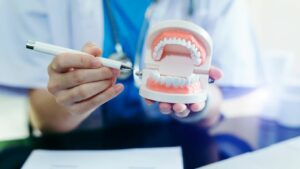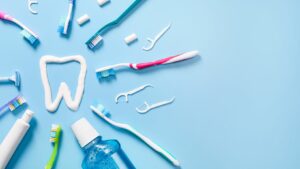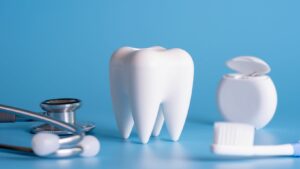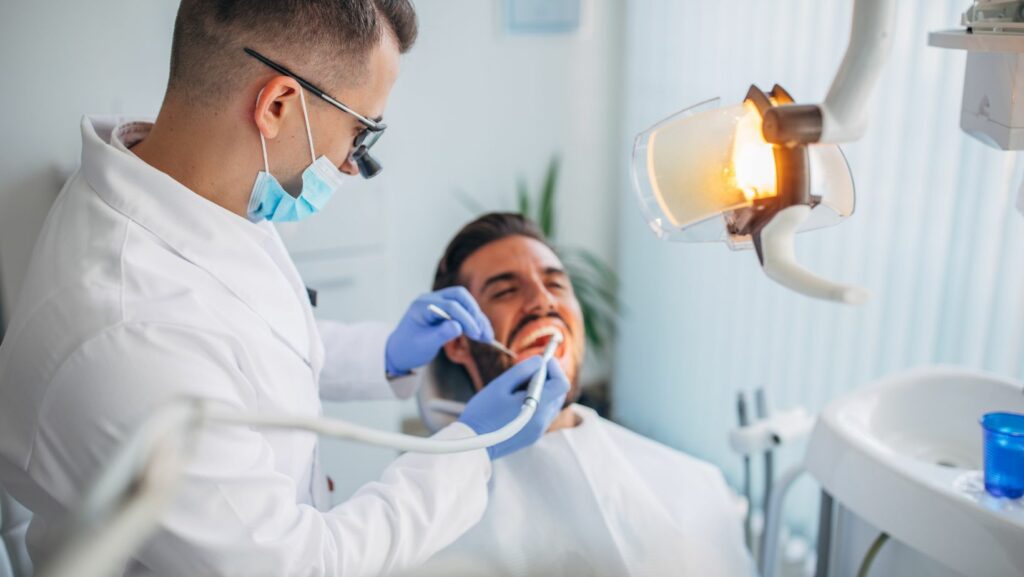We’ve all heard the saying, “Prevention is better than cure.” But how does this apply to our dental health? In the world of dentistry, preventive care is a crucial aspect that often goes unnoticed.
Understanding what constitutes preventive dental care can be a game-changer for your oral health. It’s not just about brushing and flossing; it’s a comprehensive strategy that includes regular dental check-ups, cleanings, and even lifestyle choices. Let’s delve deeper into the world of preventive dental care, and why it’s an essential part of a healthy lifestyle.
What is Considered Preventive Dental Care

Preventive dental care encompasses actions focused on preventing dental issues. It’s less intrusive and less expensive than treatment methods. This proactive approach manifests in two primary ways:
- Through regular personal hygiene practices: This involves routine habits like twice-daily brushing and daily flossing. Utilization of fluoride toothpaste establishes a crucial part of these habits. It also includes dietary choices beneficial for dental health, like curtailing sugary foods and drinks.
- Through regular professional care: Professional dental care involves frequent dental check-ups every six months. These visits consist of comprehensive cleanings and examinations by dentists. Consequentially, dentists may conduct preventive procedures like dental sealants and fluoride treatments during such visits if necessary.
Preventive dental care aims to identify and navigate potential issues before they escalate into severe oral conditions. Consistent preventive care supports good oral health, reduces the chances of dental diseases and complications, and fosters overall wellbeing.
Key Components of Preventive Dental Care

Preventive dental care encapsulates a range of activities. Dental health regimes at home constitute one essential component. Regular brushing, at least twice a day, and flossing, at least once daily, fall into this category. Usage of fluoride toothpaste and a suitable toothbrush contributes significantly to these routine practices.
Professional dental cleanings form another part. Dentists recommend getting one’s teeth cleaned professionally, twice a year. This procedure helps remove plaque build-up and tartar, which are difficult to handle using normal brushing and flossing.
Sealants and fluoride treatments serve as additional options. The former aids in preventing cavities, especially in children’s molars. The latter makes teeth more resistant to decay.
Lastly, Regular dental check-ups encompass this category. They detect potential issues early, facilitating timely interventions, and hence, preventing the progression of oral diseases. Thus, it’s visibly clear that preventive dental care combines both home-care practices and professional assistance.
How Preventive Dental Care Saves Money

Preventive dental care not only upkeeps oral health, but it’s also a financial smart move. Timely preventative measures help avoid costly treatments down the road. Regular teeth cleanings, for instance, play a significant role in this. By removing plaque and tartar, they prevent the onset of tooth decay and gum disease, translating into significant savings for individuals by avoiding dental fillings, root canal treatments, or even tooth extractions, each of which can be quite costly.
In the case of sealants and fluoride treatments, these preventive interventions can stave off cavities, hence, eliminating the need for cavity fillings, which often require recurrent maintenance over the years. Investing in preventive dental care is cost-effective, as it promotes oral health, averts potential dental issues, and ultimately saves money. This practice underscores the adage that prevention truly is better, and indeed cheaper, than cure.
Implementing Preventive Dental Care at Home
Preventive dental care isn’t just about saving money, it’s also about maintaining a healthy smile. It’s a crucial part of overall health and well-being. The steps are simple: maintain good oral hygiene at home, get regular professional cleanings, and don’t skip those dental check-ups. Sealants and fluoride treatments can provide extra protection. Remember, taking care of your teeth today can prevent expensive procedures in the future. So don’t wait, start implementing preventive dental care at home today. It’s not just a wise investment for your wallet, but also for your health.
